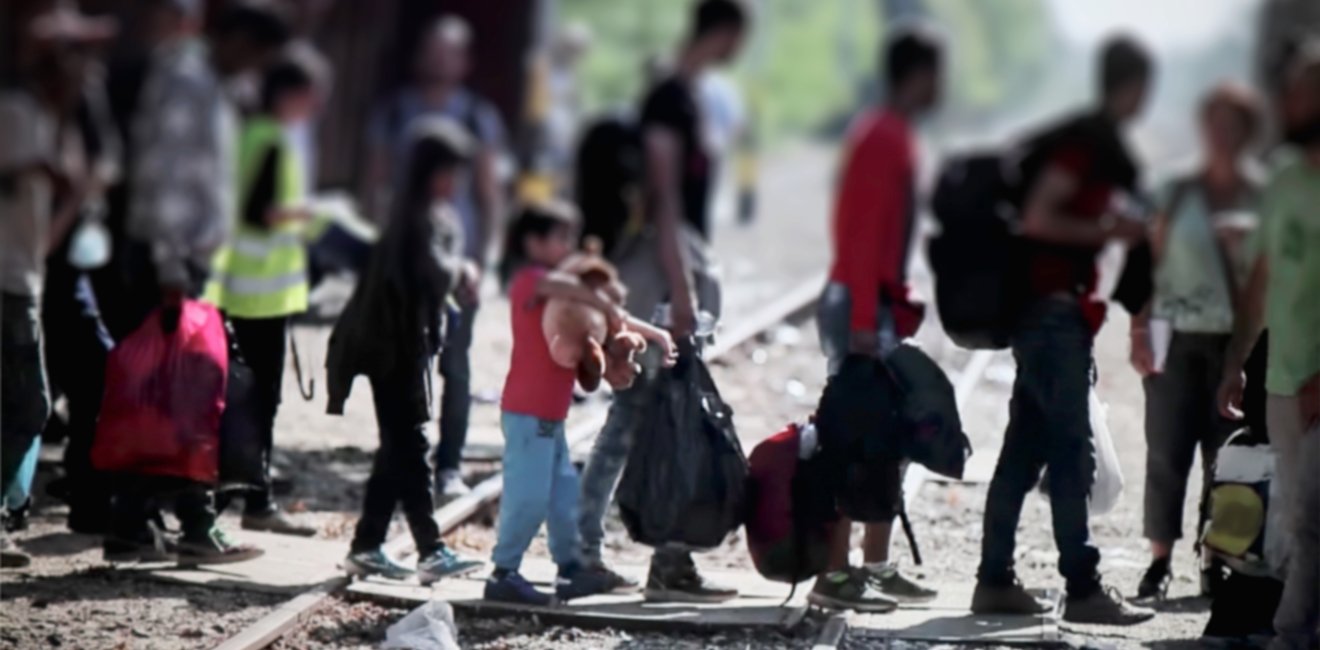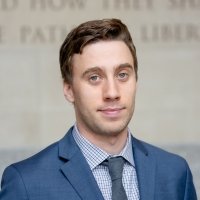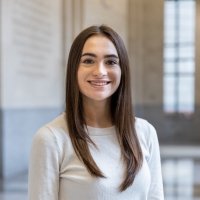On June 17, in commemoration of World Refugee Day, the Wilson Center’s Middle East Program in partnership with the Atlantic Council in Turkey, hosted a panel discussion to highlight the need to look at sustainable solutions to the refugee question in the Middle East and North Africa region. 10 years into the conflict in Syria, as UNHCR notes in their Global Appeal report 2021: “with more than 6 million IDPs and about 6 million registered Syrian refugees in neighboring countries as of 2020, of whom 45% are children and 21% are women, the Syria situation will remain the largest displacement crisis in the world.” Further, the region is also home to refugee populations from Iraq, Libya and Yemen; the latter representing one of the worst humanitarian crises globally.
To discuss the challenges refugees face in the region, particularly with the added economic pressures brought by the COVID-19 pandemic, as well as lessons learned from international and local organizations based in the three principal host countries, Turkey, Jordan and Lebanon, were practitioners from the field representing refugee and host communities: Lara Shahin in Jordan, Nancy Yammout in Lebanon and Buket Bahar Divrak in Turkey.
Addressing U.S. policy and support towards refugees in the region were Acting Principal Deputy Assistant Secretary (DAS) of the State Department's Bureau of Population, Refugees, and Migration Richard Albright and Jomanna Qaddour, non-resident Senior fellow at the Atlantic Council. Louisa Vinton, Resident Representative of the United Nations Development Program in Turkey, put forth the perspective of the development community.
“as the COVID-19 pandemic has left many refugees with even fewer opportunities to support their families.”
Towards Durable Solutions
DAS Albright stressed the need for the international community to be working toward durable solutions, especially now, “as the COVID-19 pandemic has left many refugees with even fewer opportunities to support their families.” He noted that although “economic conditions posed formidable obstacles in the near term… Syrians deserve to be able to care for their families without being wholly dependent on aid.”
And while host governments in Jordan and Turkey have taken steps to create opportunities for refugees and integrate them into the formal labor market, refugees continue to face barriers to employment as well as to accessing capital and the legality to register their own businesses. Lara Shahin noted, for example, that as a Syrian it is difficult to access incubators in Jordan that can provide the needed support to help Syrian entrepreneurs grow their businesses. Other challenges she has faced in her work heading the Jasmine Foundation include getting her business set up online, where many small and medium enterprises were forced to move due to the pandemic. “I cannot receive online payments because as a Syrian I cannot register on PayPal,” she noted.
In Turkey, where the refugee population is still considered “guests under temporary protection,” “more than half have expressed desire to stay,” commented Louisa Vinton, urging solutions that address the implications of refugees’ permanent stay in host countries. Such solutions include providing refugees with employment opportunities and helping them gain the needed skills to provide for their families.
At the heart of prioritizing work on sustainable solutions on the part of host governments as well as international actors is “to think about refugees not as a burden to society but to think about them as consumers and contributors,” noted DAS Albright. He added that World Bank studies on Syrian refugee populations have highlighted the “degree to which they have increased GDP in the host countries through their consumption, through the assistance that (the United States and others) provide, but also through their entrepreneurship in their activity.”
“There is a whole world of existing programs that could be relied on by both sides to increase employment [and] to increase market space.”
Focusing on Education and Skills Training
The panel reiterated the essential need for education and vocational skills, in order to support refugee resilience in local communities. Jomanna noted the need to invest, adding that there are Syrian “kids that haven’t been to school in 10 years.” She added: “You ask our friends in Iraq, and they’ll tell you when the war was over, they didn’t have Iraqis with proper skills to rebuild the country. Invest in future generations of Syrians, given that we don’t have answers for them in immediate terms.”
Louisa Vinton stressed that while the COVID-19 pandemic had devastating impacts around the world, it can be an opportunity to build back better. Specifically, an emphasis on initiatives that benefit both refugees and host country populations will reap benefits for citizens and non-citizens alike. For instance, investing in green solutions and digital training will integrate refugees into skilled sectors, from which they are typically excluded. But it will also introduce new sources of development and growth to the host country. Similarly, drawing on infrastructures already in place to encourage entrepreneurship will support the success of host- and refugee-owned businesses. In Turkey, “There is a whole world of existing programs that could be relied on by both sides to increase employment [and] to increase market space,” she adds.
Local actors, such as Nancy Yammout in Lebanon, found success in helping refugees gain vocational skills. “The surprising thing is that when we finished the training, some of the youth gathered themselves together and started their own company,” she said. Those that didn’t interest in a specific vocational course, were offered the chance to learn leadership from collaborating NGOs, so they could take to other Syrians what they had learned.
“Refugee children are born in already vulnerable situations and are becoming more vulnerable due to the pandemic.”
Prioritizing Women and Children
Among Syrians in Turkey, 1.7 million are under the age of 17 and 500,000 are under the age of five. “These children have no emotional, economical, or historical ties to their home country,” argues Buket Bahar Divrak. Despite this, she adds, “Refugee children are born in already vulnerable situations and are becoming more vulnerable due to the pandemic.” They must have access to guaranteed, secure education to mitigate the risk of negative coping mechanisms, such as child labor and forced child marriages.
Nancy’s NGO Rescue ME implements social cohesion initiatives to target the unfamiliar, and sometimes hostile, relationship between refugees and their host communities. For example, when Syrian children first arrived at schools in Lebanon, they were subject to bullying and alienation. Rescue ME uses, “multidisciplinary approaches for the children and their parents,” to settle and empower families in their new homes. In certain instances, especially among women and children, refugees need more robust support. Nancy put forth, “The first people who came to Hay el Ghrabey refugee camp came from known human tracking and prostitution [groups]. My NGO wanted to do things there related to vocational training, women’s empowerment, and post-trauma.”
Depoliticizing Aid
The absence of a political solution to the Syrian conflict as it entered its 11th year has unfortunately not spared humanitarian aid into Syria from being politicized. Jomanna Qaddour stressed the importance of depoliticizing aid to the Syrians in the northern parts of the country, where millions of Syrians remain deprived of basic humanitarian needs.
“The most important thing about aid is that you know we tried to prevent politicization of this aid. Damascus has been trying to monopolize control over this aid in a way that has been detrimental to daily civilian life in Syria.” She explained that attempting to restore sovereignty to Damascus to control aid would impact the lives of 3.5 million Syrians. It further would inaccurately acknowledge Damascus’ control over areas where it has no legitimate presence. Therefore, the UN is the only actor with the capacity to administer aid to those areas, and therefore needs backing from the international community to operate in other regions of a divided Syria.
Authors

Middle East Program
The Wilson Center’s Middle East Program serves as a crucial resource for the policymaking community and beyond, providing analyses and research that helps inform US foreign policymaking, stimulates public debate, and expands knowledge about issues in the wider Middle East and North Africa (MENA) region. Read more

Explore More
Browse Insights & Analysis
La esencia de la infraestructura global: perspectivas del líder de la industria Matt Harris

The Innovative Landscape of African Sovereign Wealth Funds





